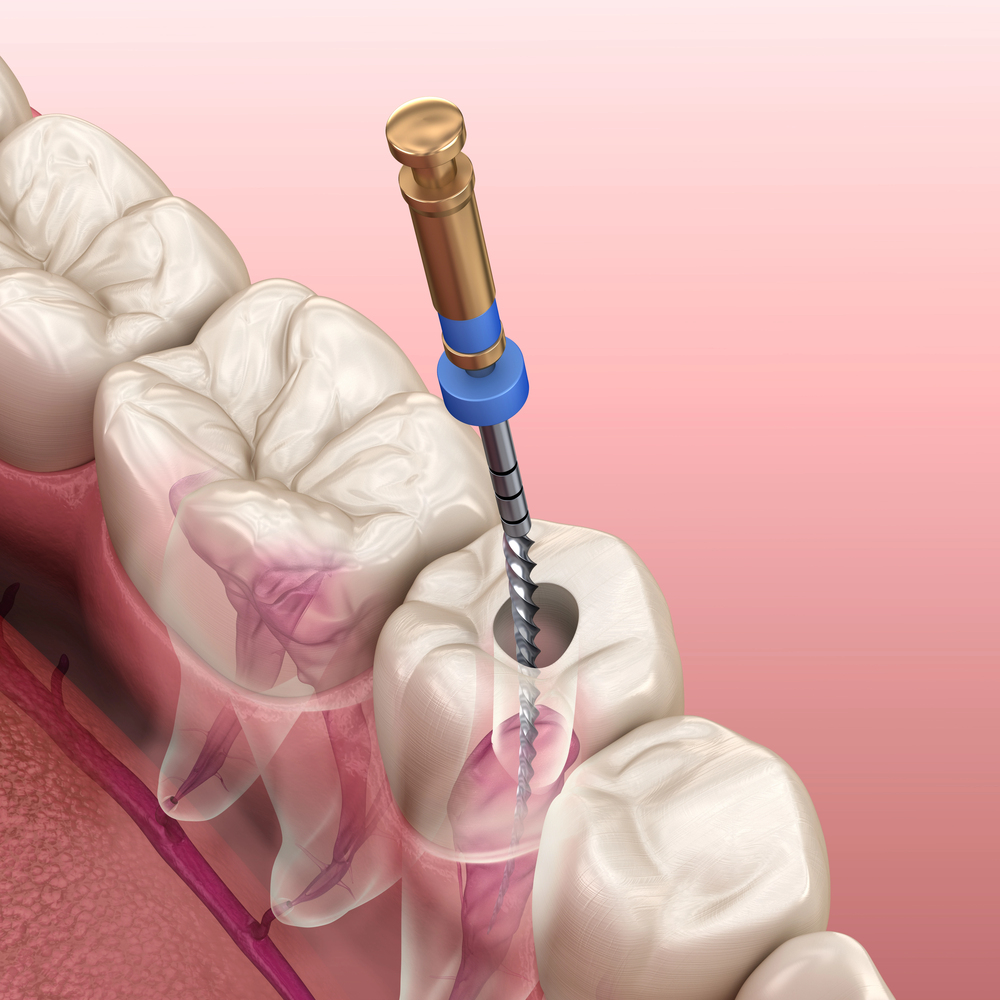
Root canal treatment can save a tooth that might otherwise need to be extracted due to infection or severe decay. But how do you know if you need one? There are a few key signs you need a root canal treatment that can help you identify when it is time to seek treatment. Catching these symptoms early can help prevent further damage and relieve pain.
Root canals are designed to treat infections deep within the tooth’s pulp, where nerves and blood vessels reside. If left untreated, the infection can spread out and cause more serious oral health issues. Here are some of the most common signs that indicate you may need root canal treatment.
Persistent Tooth Pain
One of the most noticeable signs you need a root canal treatment is ongoing tooth pain. While occasional discomfort is normal, persistent pain that does not go away could indicate that something is wrong deep within the tooth. This pain might be sharp or throbbing and could occur when you are eating, applying pressure or even at rest. If tooth pain lasts for more than a few days, it is important to seek care, as this is often a sign that the tooth pulp is infected or damaged.
Sensitivity to Hot and Cold
Another common symptom is sensitivity to hot and cold foods or drinks. If you find that your tooth feels sensitive long after you have finished eating or drinking, it may be a sign of nerve damage. Often, this sensitivity starts mild but can worsen over time. Unlike typical tooth sensitivity, the discomfort related to a potential root canal may linger, even after the hot or cold source is removed. This prolonged sensitivity is a key indicator that the inner layers of your tooth may be compromised.
Discoloration of the Tooth
A darkening or discoloration of a tooth can sometimes be a sign of an infection within the tooth’s pulp. When the pulp inside the tooth becomes damaged, the tooth may take on a grayish or darker appearance. This discoloration can occur due to trauma, decay or internal infection. If one tooth is noticeably darker than the others, it may need to be evaluated for potential treatment, including a root canal.
Swollen or Tender Gums
Inflammation around the affected tooth is another potential sign you need a root canal. Swollen, red or tender gums can indicate that the infection has spread beyond the tooth’s root. This irritation affects the surrounding tissues. You may also notice a small pimple-like bump, called a fistula, on your gums. This bump allows the infection to drain, which can reduce pain but does not resolve the underlying issue. Swelling around a tooth should be examined as soon as possible.
Pain When Chewing or Touching the Tooth
If you experience pain when biting down or touching a specific tooth, it could indicate damage to the root. This discomfort is often caused by an infection or inflammation inside the tooth, where the nerves and pulp are located. While many things can cause tooth pain, persistent pain while chewing should always be taken seriously, as it may point to the need for a root canal.
A Cracked or Chipped Tooth
A cracked or chipped tooth may require a root canal if the damage exposes the inner pulp. Even without immediate pain, bacteria can enter through the crack, leading to infection over time. After any tooth injury, it is wise to see a dentist promptly to prevent further complications and protect your oral health. Early intervention can help avoid more extensive treatment and maintain the tooth’s structure.
Restore Comfort with Timely Care
If you are experiencing any of these symptoms, it is important to seek care from a trusted dental office. These signs do not always mean you need a root canal, but it is always better to have them checked before the issue becomes more severe. Our practice is here to provide thorough examinations and compassionate care to help you find relief. Whether you are dealing with persistent pain, swelling or any other dental concerns, we can help determine the right treatment and get your oral health back on track.
Do not wait until the pain becomes unbearable. Reach out to us today to schedule an appointment.

